A Revolution in Cosmetics: How Bakuchiol Has Changed Skincare?
It is certainly true that all areas of human activity are subject to different fashions and trends. Fashions in cosmetics are mostly determined by the advancement of science. Researchers are constantly making progress in their understanding of the mechanisms that can help us retain the youthful and healthy appearance of our skin for as long as possible. At the same time, they keep discovering newer and newer ingredients, which can make that possible.
One such substance that has come to the limelight recently is definitely bakuchiol. If you are into the new developments in skincare, you have certainly heard of this plant-based extract. Some people like to call it “the new wonder”, others go even further dubbing it “the new hero of skincare”. Does it really deserve that reputation in fact? In case you have been wondering about that, you happen to be at the right place to find out. Now, we are going to look in detail into the origin of bakuchiol and its properties. We will also answer the question why and how you can introduce it into your skincare routine.
Bakuchiol
What is bakuchiol and what is its origin?
This is a plant-based extract derived from the seeds and leaves of the plant Psoralea Corylifolia. The plant is popular in India under the name of “babchi” or “bakuchi”. It has been used in traditional ancient Asian practices for centuries. Bakuchiol is a terpene that was first extracted from the plant as far back as 1973. Yet it was not until the beginning of the 21st century that it was introduced into cosmetics. Nevertheless, its popularity grew quickly due to the beneficial effects this substance proved to have on the skin.

Benefits bakuchiol can bring – what does science say about this?
The rising popularity of bakuchiol has drawn the attention of scientists to it. Over the last few years research on the medicinal properties of bakuchiol, its applications and effects has grown substantially. Scientists found out that it has a range of beneficial effects on the skin (Resources 1, 3). Now, we are going to look at them more closely.
Strong antioxidant properties
Antioxidants are essential for our cell health, and subsequently, for the health of the whole body. Bakuchiol is not only capable of neutralizing free radicals but it also protects lipids and proteins against oxidative stress. This is in fact one of the major mechanisms that is involved in achieving an anti-age effect on the skin.
Antibacterial and antifungal properties
The second among the valuable properties of bakuchiol is its efficiency against common strains of fungi and bacteria. It makes it especially suitable for acne-prone skin.
Anti-inflammatory properties
Prolonged exposure to ultraviolet radiation can trigger inflammatory processes in the skin. Bakuchiol successfully reduces the levels of pro-inflammatory cytokines – the proteins participating in this process, and thus manages to control inflammation.
Anti-age effect
We have already mentioned some of the mechanisms involved in achieving the anti-age effects associated with bakuchiol. But that is not all: Bakuchiol stimulates the production of collagen and elastin, thus strengthening the connection between two of the skin layers (the epidermis and the derma), which leads to visible reduction of fine lines and wrinkles.

It has a toxic effect on cancer cells
The most curious among bakuchiol properties, revealed in a 2015 study, is its selective toxicity to melanoma cells (Resource 4). In other words, it has the property of suppressing the growth of cancer cells and killing them as a result, while not harming normal healthy cells. Of course, additional experiments are necessary to support these results, but they are quite promising and give us hope that perhaps, in the near future, this substance might become the basis of a successful development of a medicine against this deadliest type of skin cancer.
Battle of Titans: Bakuchiol or Retinol?
Bakuchiol properties, which scientists keep discovering are truly impressive. It is no wonder that this substance is currently the rising star in the world of cosmetics. But how does it compare to another not less popular ingredient in many anti-age formulas, namely retinol?
By the way, it is quite often that you can come upon a definition of bakuchiol as “plant-based retinol”, which is not very accurate. Despite both substances having a lot of common properties, there is a structural difference between them, due to which there are some substantial differences between them.
Similarities
So, what are the common properties that bakuchiol and retinol share?
First of all, these are the powerful antioxidant properties both substances have. They successfully protect the skin against antioxidant stress caused by external environmental factors. The second similarity is their excellent capability of improving skin structure, which comes as a result of boosting the production of collagen and elastin along with other proteins, responsible for maintaining skin elasticity and hydration.
The third similarity refers to their remarkable efficiency in reducing signs of ageing. Just like retinol, bakuchiol visibly smooth fine lines and wrinkles.
Last but not least, both ingredients boost skin cell regeneration, which stimulates skin renewal, reduces hyperpigmentation, improves skin texture and smoothes skin tone.

Differences
It is well known that retinol makes face skin more sensitive to sunlight, which is the reason for it being unsuitable for morning skincare. In addition, when using retinol products, it is also necessary to use high UV factor sunscreen every day. Bakuchiol does not have that unpleasant side effect. So, although the use of sunscreen is generally recommendable, bakuchiol products are safe to use during the day as well as in the evening.
Another characteristic, most well-informed users are already aware of is the fact that retinol can cause skin irritation. Symptoms commonly include skin burning sensation, redness and even peeling skin. In this regard, it is recommended to slowly introduce the ingredient into your daily skincare routine. Unlike retinol, bakuchiol might only rarely produce such unpleasant side effects.
Yet another important difference is that bakuchiol is more effective, in comparison with retinol, in its potential to neutralize free radicals (Resource 3).
Which one is better?
Clinical studies have shown that there is no difference between the capacity of both active ingredients to smooth fine lines and reduce wrinkles and hyperpigmentation (Resource 2). As we already mentioned though, the use of retinol involves a greater risk of developing unpleasant side effects like burning sensation and peeling skin. So, despite the fact that it has been used by a huge number of people around the world, when it comes to sensitive skin, facial creams and masks containing bakuchiol are recommended.
The rising star in the world of cosmetics
Bakuchiol is certainly viewed as one of the most promising ingredients in modern-day cosmetics. The multiple skin benefits it provides, supported by scientific studies, have been turning it into a valuable component I many anti-age formulas and problem-skin products. Ranging from powerful antioxidant properties to boosting collagen production capacity, bakuchiol offers an impressive range of skin benefits.
Particularly appealing is the fact that bakuchiol can be an excellent alternative to retinol, whose use has less restrictions and undesirable side effects. The possibility it offers to be used both in the evening and during the day provides for a more flexible skincare routine.
Although there is still a lot of room for further research into bakuchiol properties, it has already proven its value and taken pride of place in the cosmetic industry. Given the ever-increasing interest in effective natural substances, we can only expect the popularity of this plant-based extract to continue to grow in the future.
Resources:
1. Puyana, C., Chandan, N. and Tsoukas, M. (2022). Applications of bakuchiol in dermatology: Systematic review of the literature. Journal of Cosmetic Dermatology. doi:https://doi.org/10.1111/jocd.15420.
2. Dhaliwal, S., Rybak, I., Ellis, S.R., Notay, M., Trivedi, M., Burney, W., Vaughn, A.R., Nguyen, M., Reiter, P., Bosanac, S., Yan, H., Foolad, N. and Sivamani, R.K. (2018). Prospective, randomized, double‐blind assessment of topical bakuchiol and retinol for facial photoageing. British Journal of Dermatology, [online] 180(2), pp.289–296. doi:https://doi.org/10.1111/bjd.16918.
3. Filipa Mascarenhas-Melo, Mariana Marques Ribeiro, Kaveh Hatami Kahkesh, Sagarika Parida, Pawar, K.D., K. Velsankar, Niraj Kumar Jha, Fouad Damiri, Costa, G., Veiga, F. and Ana Cláudia Paiva-Santos (2024). Comprehensive review of the skin use of bakuchiol: physicochemical properties, sources, bioactivities, nanotechnology delivery systems, regulatory and toxicological concerns. Phytochemistry Reviews. doi:https://doi.org/10.1007/s11101-024-09926-y.
4. Madrid, A., Cardile, V., César González, Montenegro, I., Villena, J., Caggia, S., Carol, A. and Russo, A. (2015). Psoralea glandulosa as a Potential Source of Anticancer Agents for Melanoma Treatment. International Journal of Molecular Sciences, 16(12), pp.7944–7959. doi:https://doi.org/10.3390/ijms16047944.




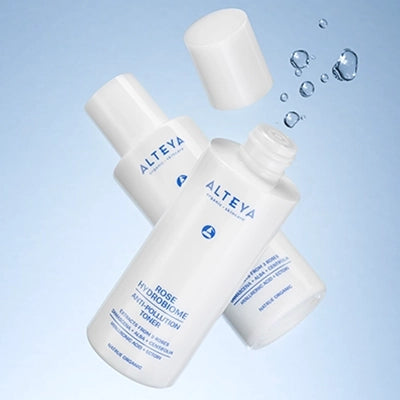
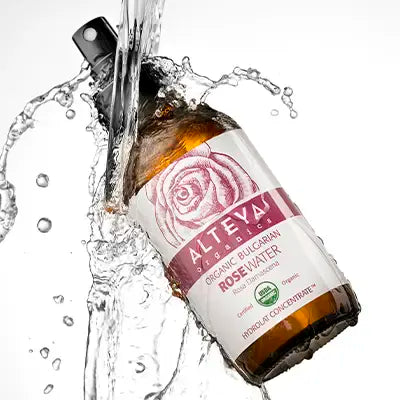
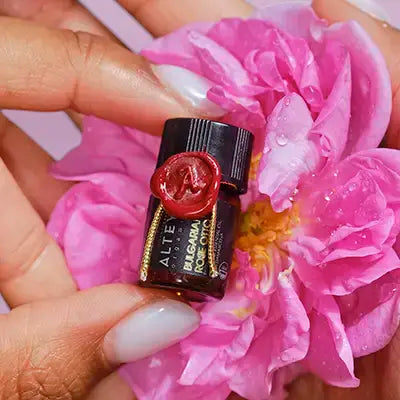
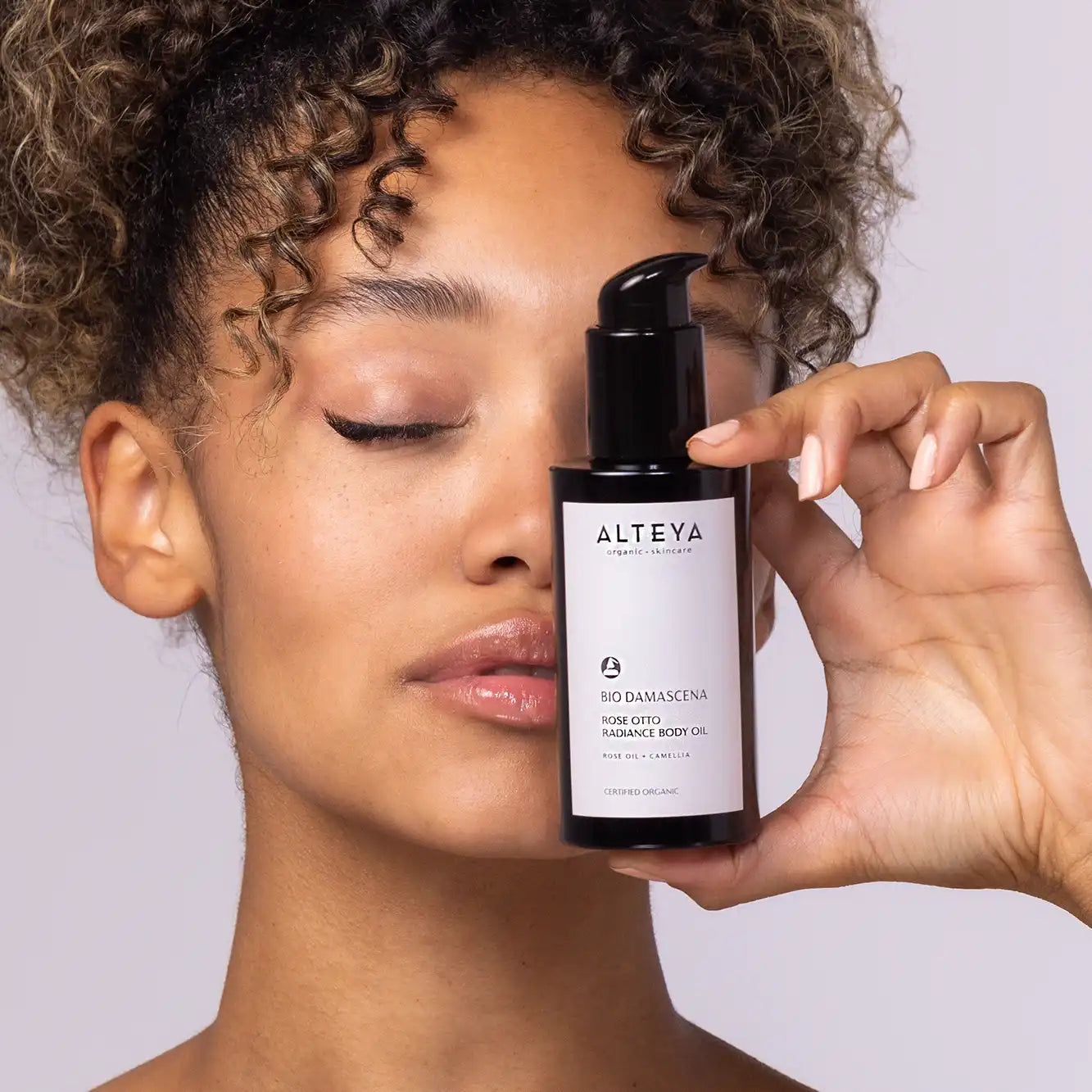
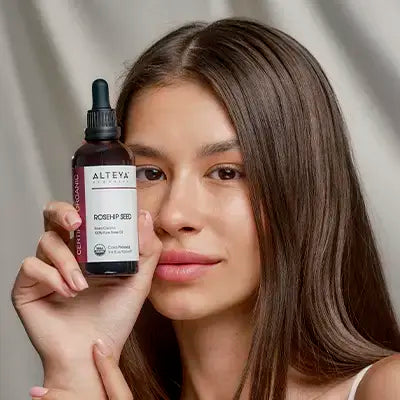

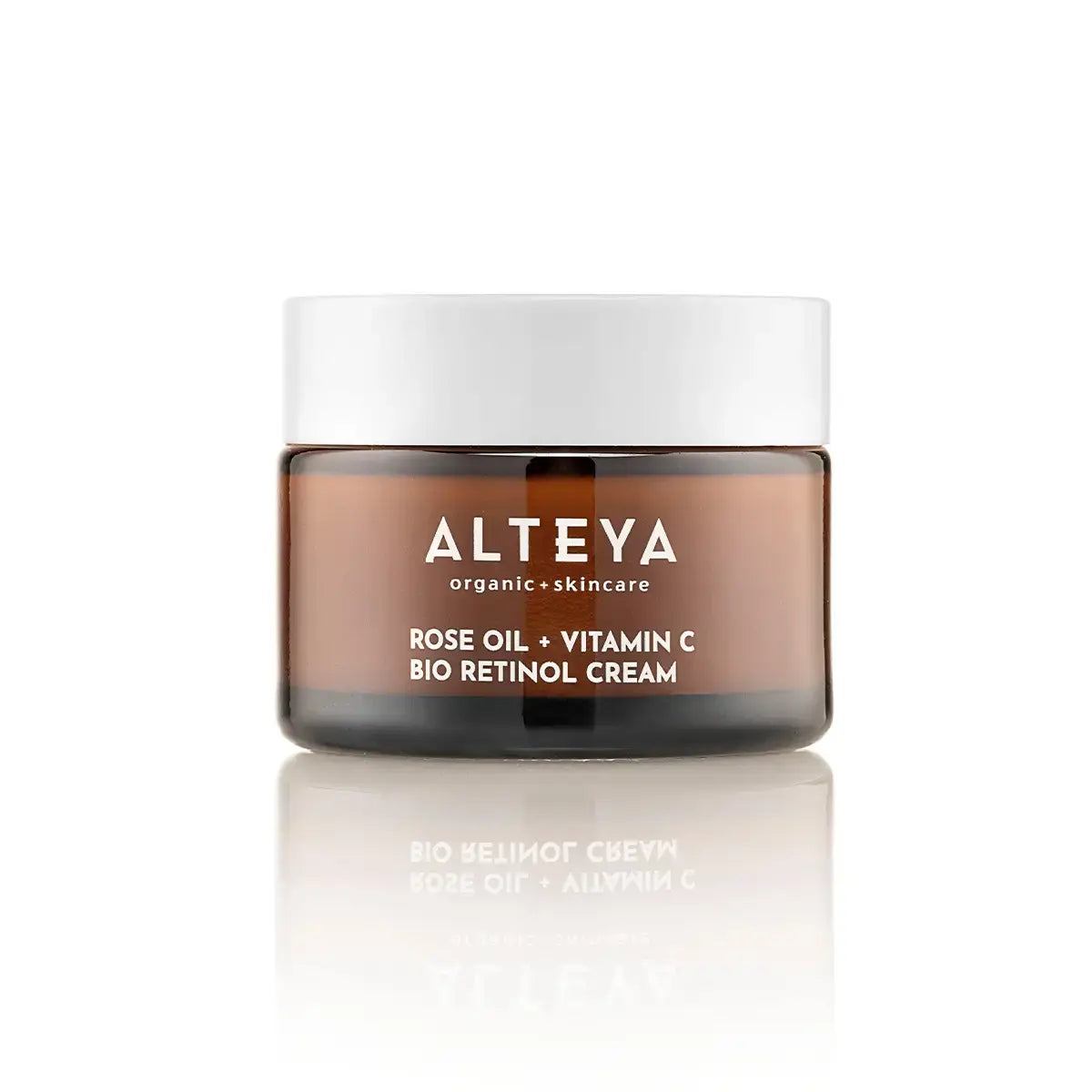
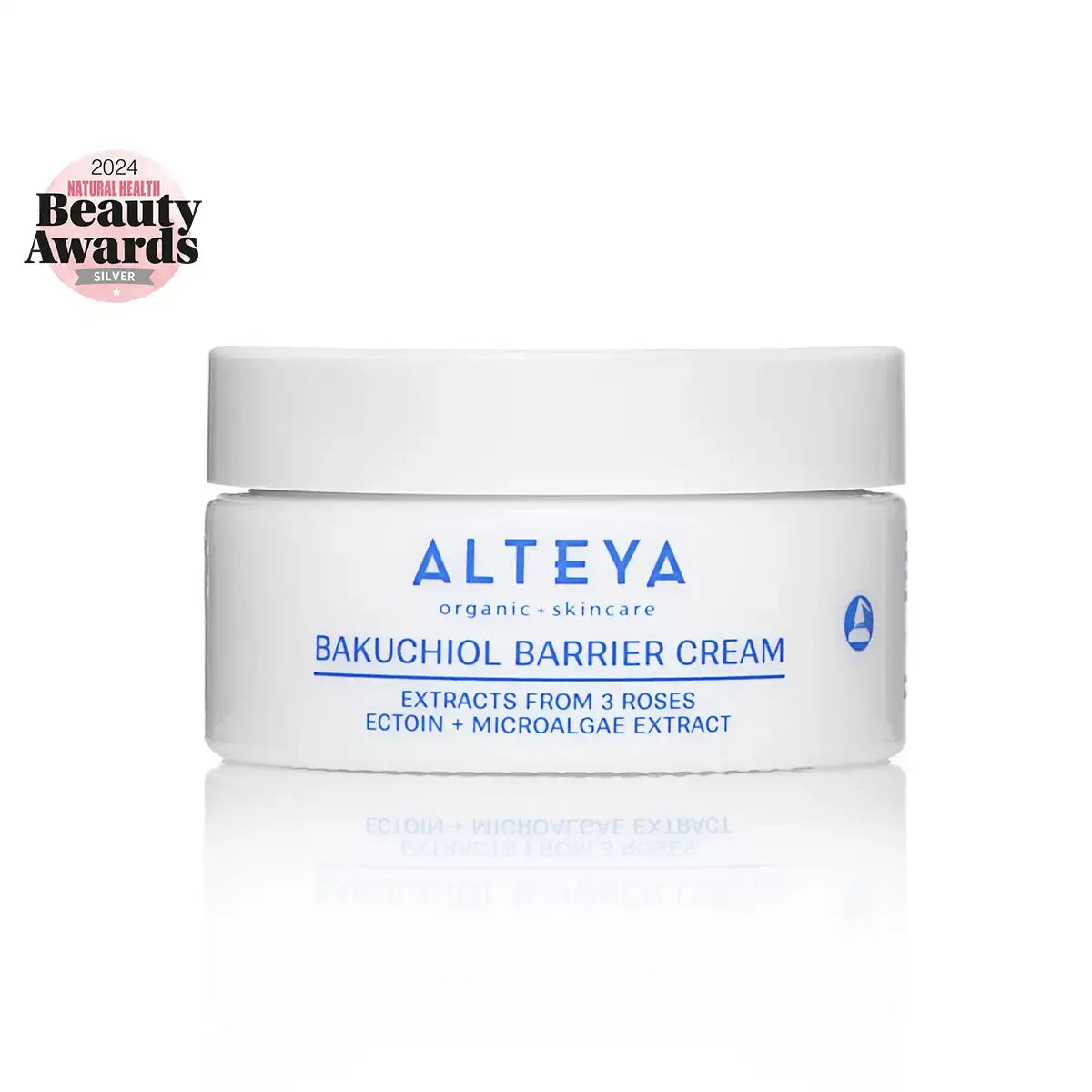
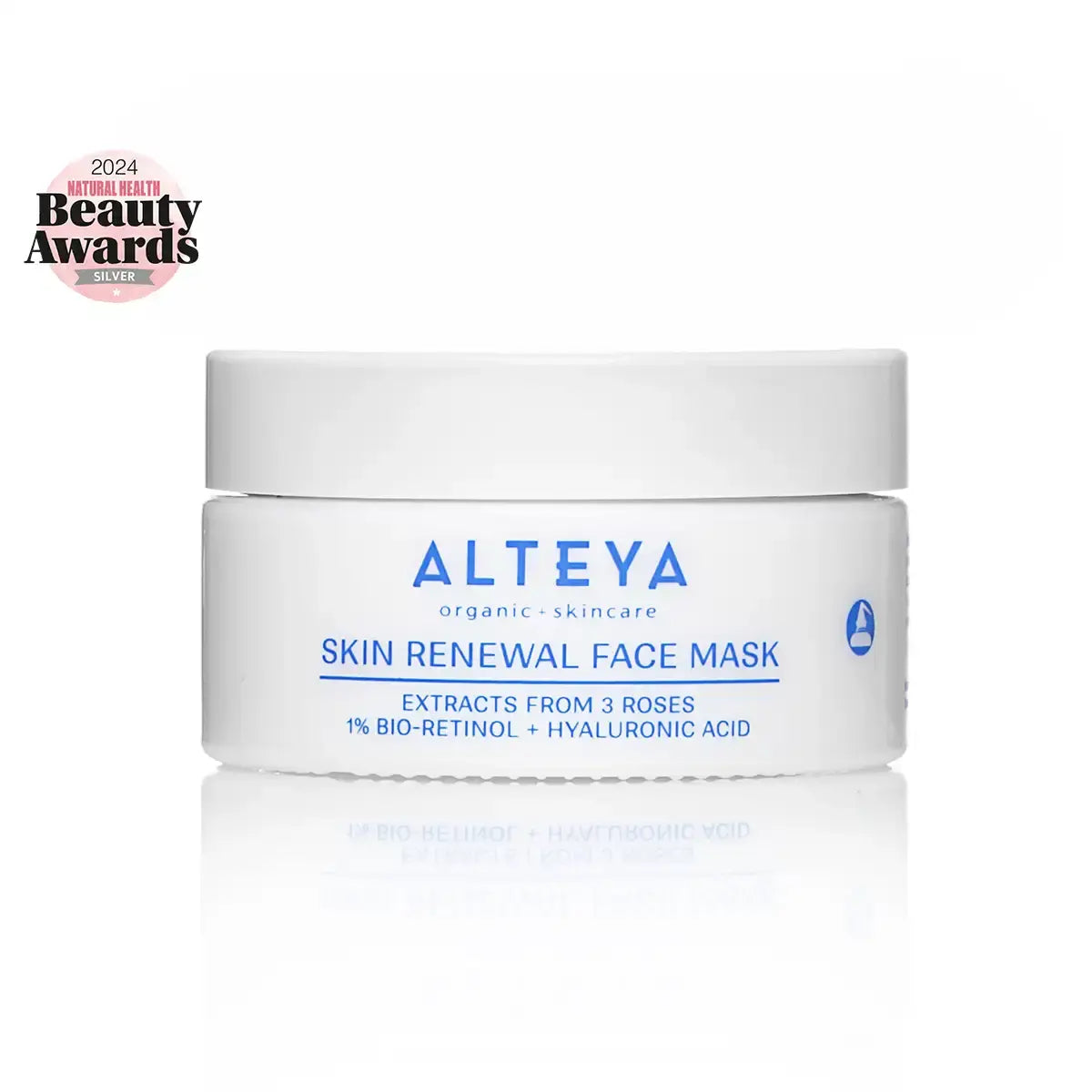

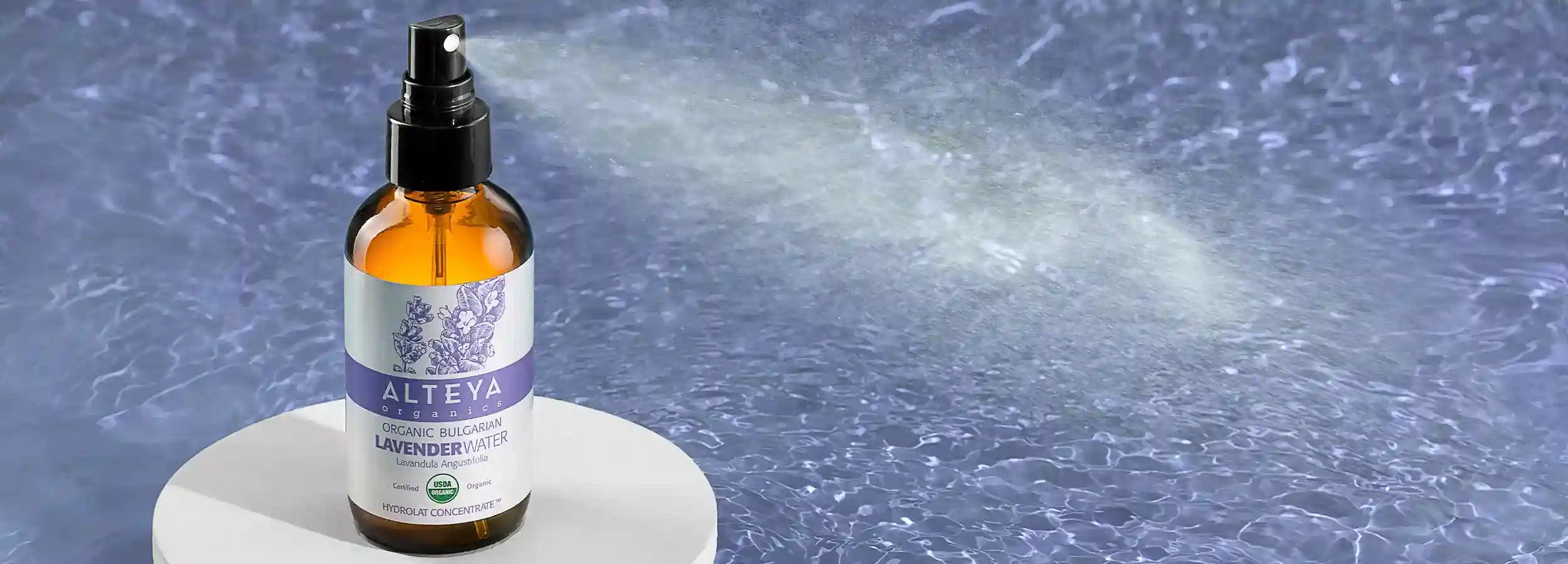

Leave a comment
This site is protected by hCaptcha and the hCaptcha Privacy Policy and Terms of Service apply.